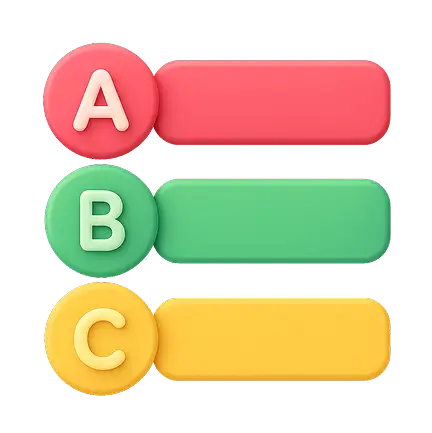Option A is correct. A Bill shall be deemed a Money Bill if it contains only provisions related to the imposition, abolition, remission, alteration, or regulation of any tax. This statement is correct as per Article 110(1)(a) of the Indian Constitution, which defines the scope of a Money Bill.
Option B is correct. A Money Bill includes provisions regarding the custody of the Consolidated Fund of India or the Contingency Fund of India. This statement is correct. As per Article 110(1)(c) of the Constitution, a Money Bill may contain provisions related to the custody, withdrawal, and audit of funds from these financial accounts.
Option C is incorrect. A Money Bill is concerned with the appropriation of money out of the Contingency Fund of India. This statement is not correct. The Contingency Fund of India is under the disposal of the President of India to meet unforeseen expenditures, and its withdrawal is not governed by a Money Bill. Instead, Article 267(1) of the Constitution provides for its use, and the withdrawal of money from this fund is later regularized through an Appropriation Bill.
Option D is correct. A Money Bill deals with the regulation of borrowing of money or giving of any guarantee by the Government of India. This statement is correct. As per Article 110(1)(d), provisions regarding government borrowing, the issuance of guarantees, and financial obligations of the Government of India fall within the scope of a Money Bill.
Thus, statements (a), (b), and (d) are correct, while statement (c) is incorrect.

